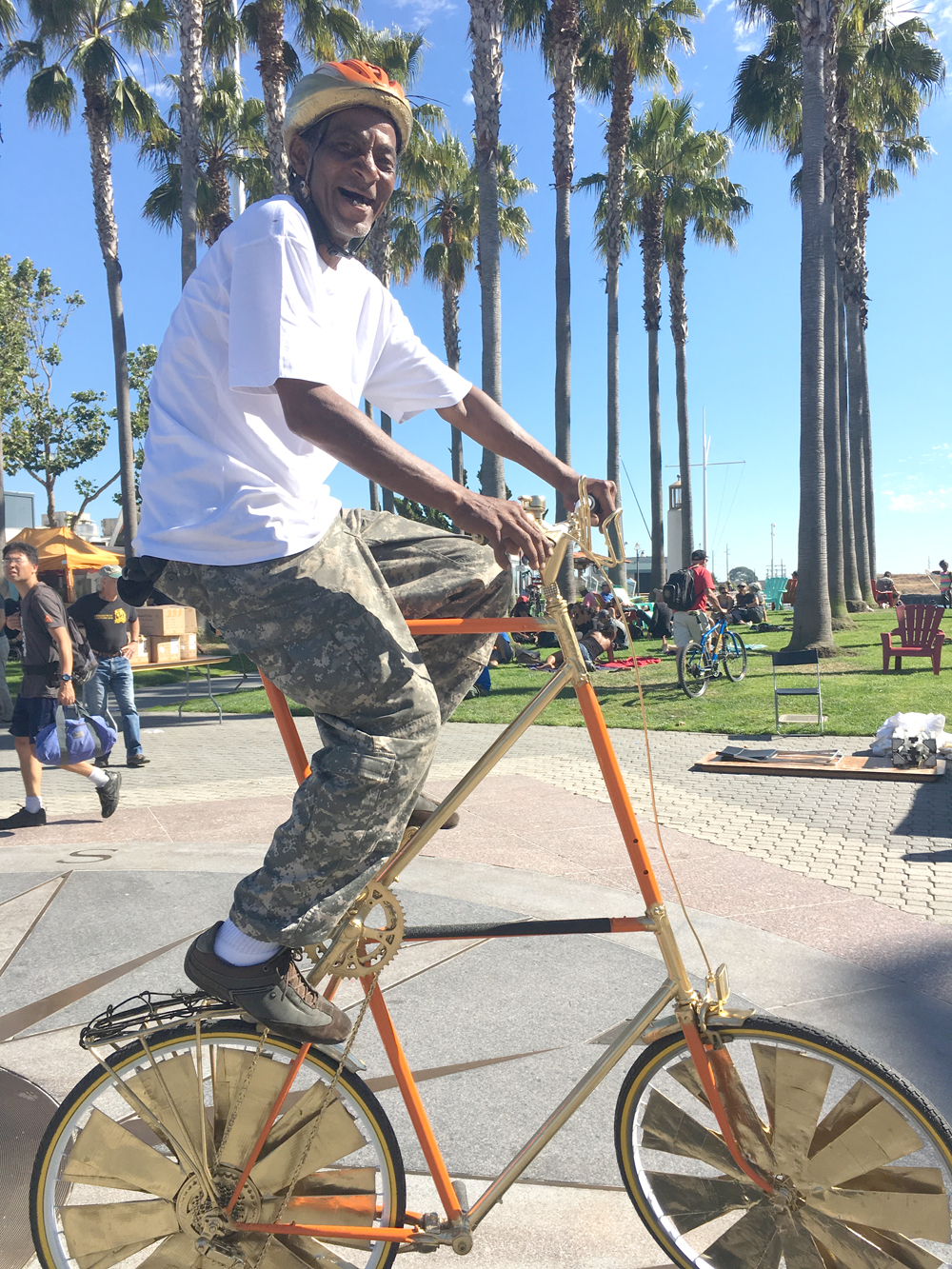Welcome to the third podcast in our end-of-year-fundraising series in which we address questions from you, our readers, about almost anything you want to know.
Today our editors Damien Newton, Jason Islas, Melanie Curry, and Kristopher Fortin answer a few ringers in some perhaps unexpected ways. Damien thinks we may have gone off the rails a bit, but it all comes together to make some sense in the end.
We addressed a question from Kathleen Ferrier, who asks:
What are the top three strategies for countering inflammatory NIMBYism? What have you seen work?
Jason, who has had plenty of experience in his advocacy work with Santa Monica Next, thinks the first strategy is to get rid of labels. Our answers, in brief: pay attention, don't assume, and be human. While “Not In My Backyard” knee-jerk opposition to efforts to fix things is definitely a problem, it doesn't always stem from the reasons you might suspect, and you have to listen to find out what underlies people's objections to change.
Our second question is kind of related, in that it demands a human response. Jeff Tumlin asks:
Why don’t we talk more about the neuroscience of mobility? Like how being stuck in congestion triggers our fight-or-flight responses, shutting down the prefrontal cortex of the brain and reducing our ability to think through the consequences of our actions? Or why hopping on a bike can bring simple joy, and trigger the biological precursors of social trust?
Listen in to hear how we think this should play out—and to hear about what might or might not have been a response to last week's podcast about sidewalks.
And don't forget that we are asking for donations to keep Streetsblog California alive and well into the next year. Please support our work by clicking here and donating today.
Do you have a question you want us to talk about? Submit it in the comments below, or by email to melanie [at] streetsblog.org, or tweet them @streetsblogcal
Support journalism that covers the issues you want to know about. Streetsblog California reports on issues few media outlets cover, and we can't do it without you. Click here to donate today.






